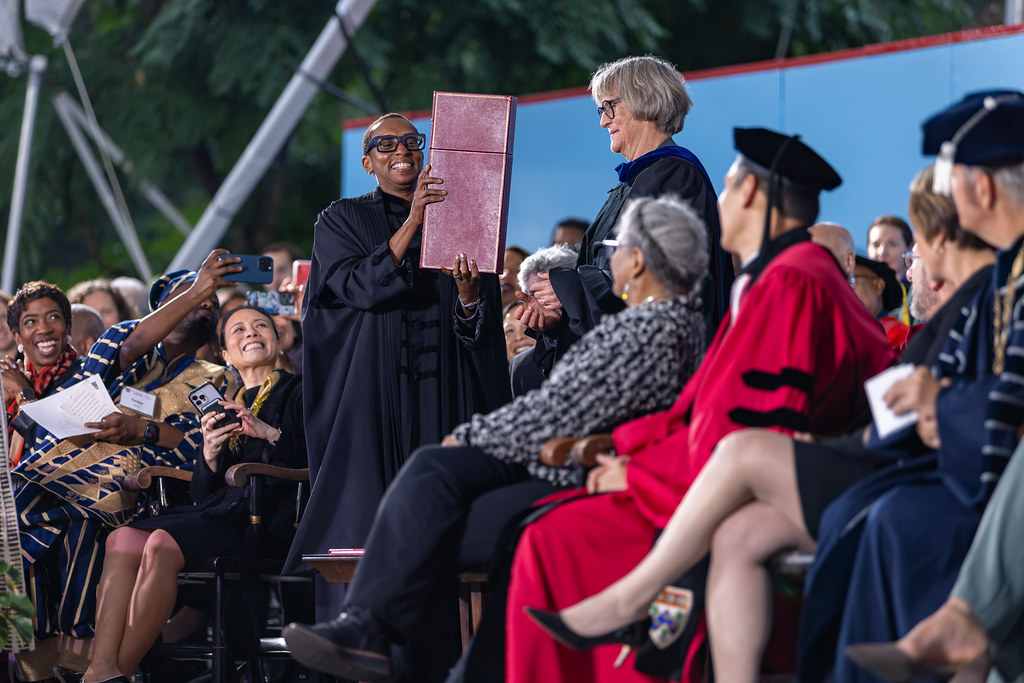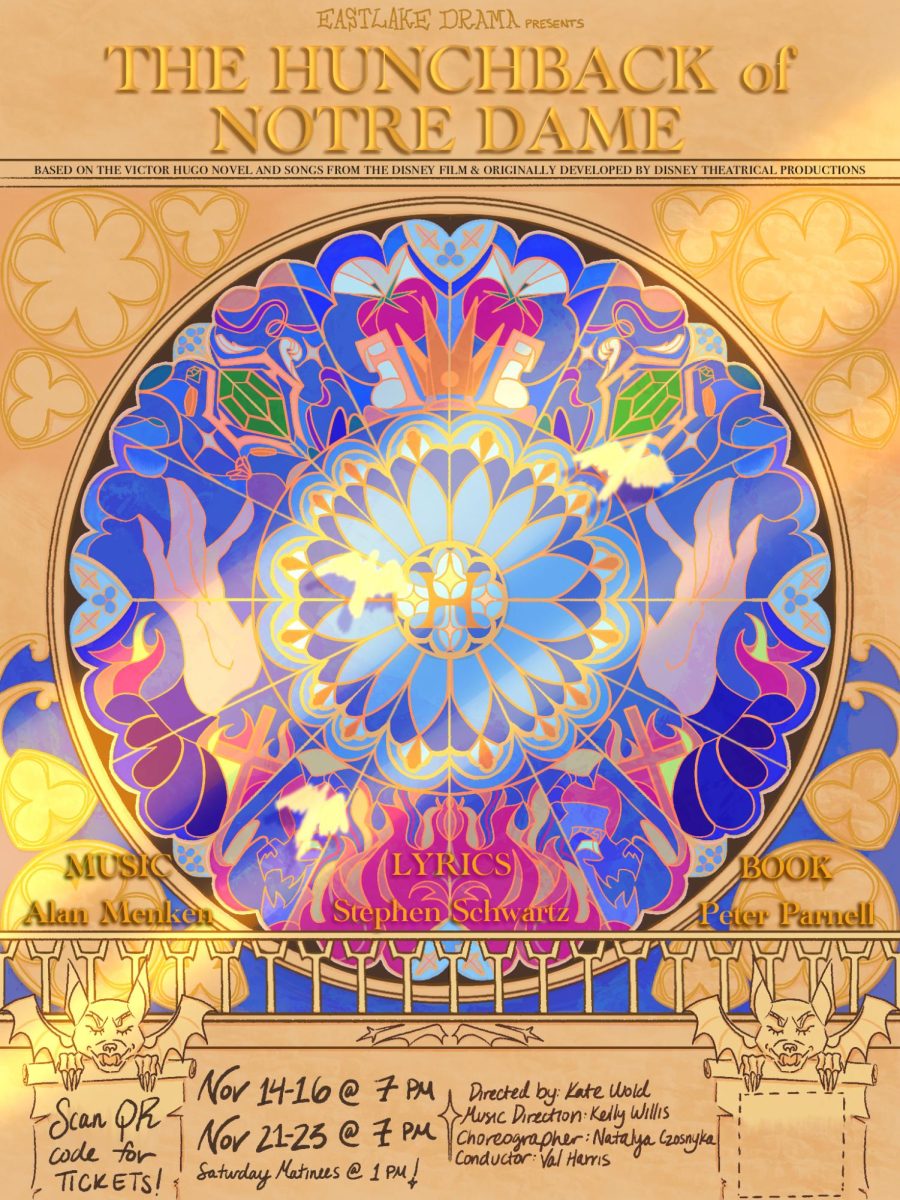Harvard University and the University of Pennsylvania: both, prestigious and phenomenal universities that students around the world look up to as their future college one day. Admission to these pinnacles of the Ivy League comes with a set of rules, moral values, and laws that students and figures in the educational realm are expected to follow. These guiding principles not only shape the conduct of those within the academic community but define the significance of the educational system and give these institutions a priceless meaning in this world of immense educational knowledge.
Alongside the disrupt of events in Israel, there have been robust and abhorrent statements about the genocide of Jews on campus of these Ivy Leagues. Harvard’s first female black president, Dr. Claudine Gay, fumbled upon the question of determining if speaking the words of genocide against Jews constitutes a violation of the school’s code of conduct when they testified in front of Congress in the first week of December.
As Dr. Claudine Gay stumbled over the question, her prolonged history of plagiarism influences the narrative surrounding her leadership. Plagiarism, arguably the biggest offence in the educational realm, instils an atmosphere of mistrust that jeopardizes the soil of educational credibility. Taking this into account, Gay’s credibility and integrity have been questioned, adding another layer to the criticism she faced for stumbling over the question.
The plagiarism accusations and her statements underlining free speech, attacked Gay heavily. Gay soon announced her resignation through a letter to the community of Harvard, stating “it is in the best interests of Harvard for me to resign so that our community can navigate this moment of extraordinary challenge with a focus on the institution rather than any individual.”
Likewise, the esteemed University of Pennsylvania’s president, Liz Magill, was put on a spotlight and scrutinized, when she gave a blurry statement about denouncing the immorality of genocide that contradicted the core principles. This apparent difficulty in addressing such a significant issue raised concerns about a potential contrast with the university’s core principles. Much like the situation with Gay at Harvard, Magill’s response, or lack thereof, sparked questions about the institution’s commitment to upholding its foundational values.



























